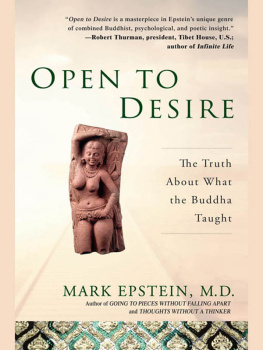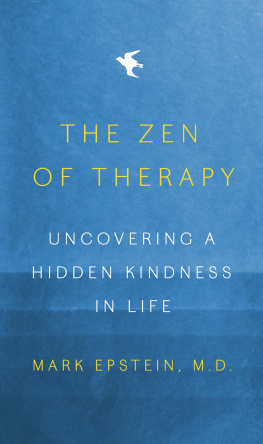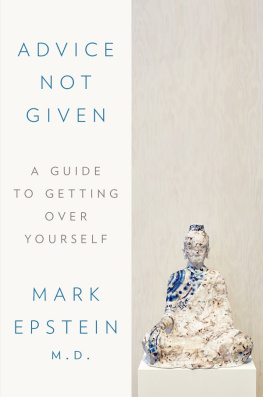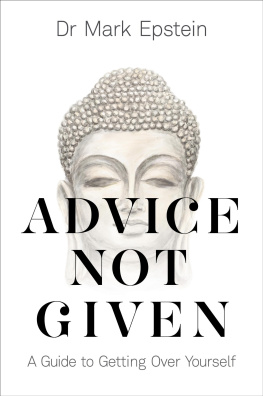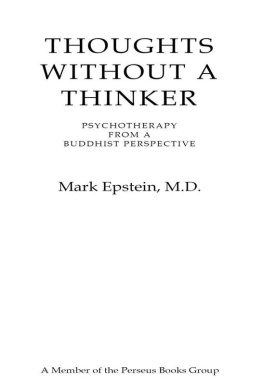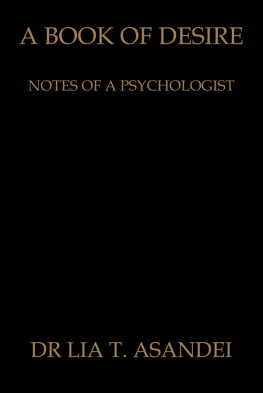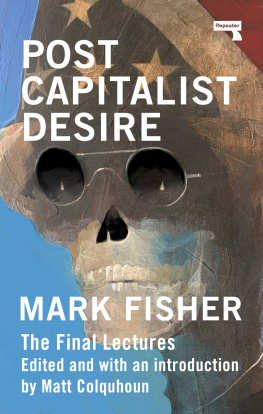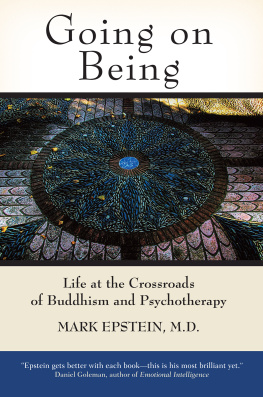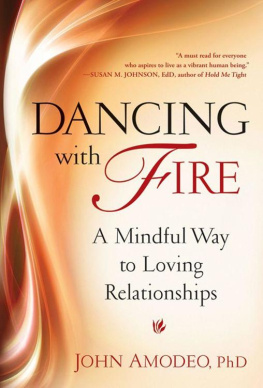GOTHAM BOOKS
Published by Penguin Group (USA) Inc.
375 Hudson Street, New York, New York 10014, U.S.A.
Penguin Group (Canada), 90 Eglinton Avenue East, Suite 700, Toronto, Ontario, Canada M4P 2Y3 (a division of Pearson Penguin Canada Inc.); Penguin Books Ltd, 80 Strand, London WC2R 0RL, England; Penguin Ireland, 25 St Stephens Green, Dublin 2, Ireland (a division of Penguin Books Ltd); Penguin Group (Australia), 250 Camberwell Road, Camberwell, Victoria 3124, Australia (a division of Pearson Australia Group Pty Ltd); Penguin Books India Pvt Ltd, 11 Community Centre, Panchsheel Park, New Delhi - 110 017, India; Penguin Group (NZ), Cnr Airborne and Rosedale Roads, Albany, Auckland, New Zealand (a division of Pearson New Zealand Ltd); Penguin Books (South Africa) (Pty) Ltd, 24 Sturdee Avenue, Rosebank, Johannesburg 2196, South Africa
Penguin Books Ltd, Registered Offices: 80 Strand, London WC2R 0RL, England
Published by Gotham Books, a division of Penguin Group (USA) Inc.
Previously published as a Gotham Books hardcover edition.
First electronic edition, June 2006
10 9 8 7 6 5 4 3 2 1
Copyright 2005 by Mark Epstein, M.D.
All rights reserved
Gotham Books and the skyscraper logo are trademarks of Penguin Group (USA) Inc.
The Library of Congress has cataloged the hardcover edition of this title as follows:
Epstein, Mark, 1953
Open to desire : embracing a lust for life : insights from
Buddhism & psychotherapy / Mark Epstein.
p. cm.
Includes bibliographical references.
ISBN 978-1-1012-1667-5
1. DesireReligious aspectsBuddhism. 2. DesirePsychological aspects. 3. PsychotherapySocial aspects. 4. BuddhismDoctrines. 5. Reality principle (Psychology) I. Title.
BQ4430.D47E67 2005
294.3'44dc22 2004053920
Set in Dante MT
Designed by Lynn Newmark
Without limiting the rights under copyright reserved above, no part of this publication may be reproduced, stored in or introduced into a retrieval system, or transmitted, in any form, or by any means (electronic, mechanical, photocopying, recording, or otherwise), without the prior written permission of both the copyright owner and the above publisher of this book.
The scanning, uploading, and distribution of this book via the Internet or via any other means without the permission of the publisher is illegal and punishable by law. Please purchase only authorized electronic editions, and do not participate in or encourage electronic piracy of copyrighted materials. Your support of the authors rights is appreciated.
Making or distributing electronic copies of this book constitutes copyright infringement and could subject the infringer to criminal and civil liability.
www.us.penguingroup.com
Also by Mark Epstein
GOING ON BEING
GOING TO PIECES WITHOUT FALLING APART
THOUGHTS WITHOUT A THINKER
for Arlene
This book could not have been written without conversations with and support from the following people: John House, Nadine Helstroffer, George Lange, Rob Stein, Alex McNear, Michael Vincent Miller, Barbara Boris, Michael Eigen, Emmanuel Ghent, Daniel Goleman, Sharon Salzberg, Robert Thurman, Elizabeth Cuthrell, Joseph Goldstein, Jody Shields, Mickey Lemle, Cyndi Stivers, Janine Antoni, Kathleen Tolan, Ann Epstein, Bernard Edelstein, Larry Brilliant, Catherine Ingram, David Lichtenstein, Stephen Batchelor, Martine Batchelor, Kiki Smith, Carroll Dunham, Neil Gordon, Ed Rothfarb, Lisa Gornick, Ken Hollenbeck, Krishna Das, John Bush, Amy Gross, Fred Sandback, Mohani Dindial, Genine Lentine, Jeffrey Hoffeld, Carol Hoffeld, Marion Stroud, Jack Kornfield, Richard Alpert, Franklin Epstein, Sherrie Epstein, Jean Shechet, David Shechet, Marilyn Robie, Arthur Shechet, Sonia Epstein, Will Epstein, Ellie Shechet, Ben Shechet, Anne Edelstein, William Shinker, Lauren Marino, Margery Cantor, Emilie Stewart, Jeffrey Hopkins and Arlene Shechet. My patients have generously shared their inner lives with me and provided material for this book; in all cases cited herein, I have changed names as well as other identifying details, or constructed composites, in order to protect privacy.
Theres no prayer like desire.
Tom Waits
Introduction
The Baby and the Bathwater
O ne of my favorite stories comes from the Sufi tradition of mystical Islam. It is a tale that tells us exactly what we will have to face if we endeavor to walk the path of desire. A man sits in the center of a Middle Eastern marketplace crying his eyes out, a platter of peppers spilled out on the ground before him. Steadily and methodically, he reaches for pepper after pepper, popping them into his mouth and chewing deliberately, at the same time wailing uncontrollably.
Whats wrong, Nasruddin? his friends wonder, gathering around the extraordinary sight. Whats the matter with you?
Tears stream down Nasruddins face as he sputters an answer. Im looking for a sweet one, he gasps.
It is one of Nasruddins most endearing qualities that he speaks out of both sides of his mouth. Like desire itself, teaching stories about Nasruddin always have two aspects. Nasruddin is a fool, but he is also a wise man. There is an obvious meaning to his actions, containing one kind of teaching, and a hidden meaning, containing another. The first meaning jumps out from the story right away. It is the basic message of both Buddhism and Freudian theory. Desire never learns; it never wakes up. Even when eliciting nothing but suffering, it perseveres. Our indefatigable pursuit of pleasure keeps us doing some awfully strange things.
Certainly, Nasruddin is modeling our lives for us: Struggling against the tide of disappointment, we continue to search for a sweet one. As his friends must be wondering as they gaze at him incredulously, would it not be better just to give up? In this version of the story, Nasruddin is rendering a conventional spiritual teaching. Our desires bind us to the wheel of suffering. Even though we know that they bring us pain, we cannot convince ourselves to relinquish our grip. As Freud liked to say, there is an unbridgeable gap between desire and satisfaction, a gap that is responsible for both our civilization and our discontent.
But Nasruddins perseverance is a clue to how impossible it is to abandon ship. He is an enlightened teacher, after all, not just a fool. Like it or not, he is saying, desire will not leave us alone. There is a hopefulness to the human spirit that will just not accept no for an answer. Desire keeps us going, even as it takes us for a ride. As Freud was also fond of saying, desire presses ever forward unsubdued, pushing us to find and make use of our creativity, propelling us toward an elusive but nonetheless compelling goal.
Nasruddins parable models the solution to desires insatiability as well as the problem. His desire is undeterred, despite the anguish that it brings. In his unself-conscious weeping, in his implicit acceptance of both the perils and the promises of longing, lies a hidden wisdom in relationship to desires relentless demands. Nasruddin makes no apologies for his desire; it persists unperturbed despite his apparent suffering. Nor does he fight with his tears in an effort to make them go away. Both sadness and longing are left undisturbed. Though cognizant of his own folly, Nasruddin does not desist. He seems to know that, despite his tears, there is pleasure that comes in the looking.
I am drawn to this story because of the way it embodies both the disturbing and the compelling nature of desire. As a psychiatrist and psychotherapist, I am confronted every day with clients whose stories resemble Nasruddins. Over and over again, they engage in behaviors that from any rational standpoint they should abandon. Their frustrations spill out in my office like Nasruddins tears. I am tempted, at times, to respond as Nasruddins friends do. Why not just stop? I want to say to them. Why not just throw in the towel? As a therapist who has been influenced not just by the insights of psychodynamic theory but also by the wisdom of Buddhist psychology, it would be easy for me to take this position. One reading of Buddhas teachings certainly suggests that the only solution to neurotic misery lies in forsaking desire altogether. Much of Eastern thought is based upon the idea that renunciation is the key to spiritual and psychological growth. Why search for pleasure if that search is the cause of suffering? ask many teachers from the East. But over the years I have come to appreciate that, while there is a time and a place for this kind of logic, desire can be an important ally as well as a foe.

